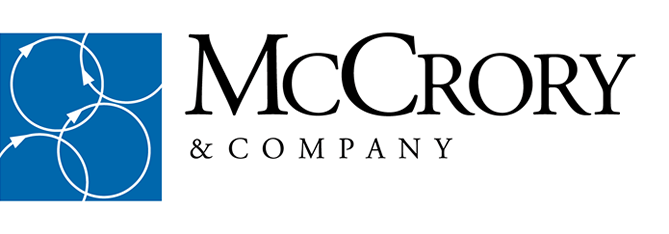Picture this scenario: A sales leader asks a sales rep, as well as those supporting the rep, the status of an important opportunity in their sales pipeline. Everyone on the team gives the sales leader different perspectives, ranging from “everything is set to close before the end of the month” to “I am not sure that the prospect understands their value proposition.”
So the sales leader gets involved firsthand to better determine the status, only to hear the prospect essentially communicate the following:
“What opportunity?”
Why A Process Is Necessary
To some salespeople and sales leaders, the word “process” is a four-letter word. But if you don’t have a common language or process in place, how do you really know where a given opportunity stands and what steps are required to move it forward to closure?
Often, those touching a sales opportunity — and even the prospect — are not on the same page when asked where an opportunity is in a sales pipeline. This lack of agreement can lead to all sorts of problems, especially when it comes to wasting time and resources on unqualified opportunities at the expense of good opportunities.
Developing a Common Language
Would it help if everyone within your organization had a set of objective, consistent and measurable points or milestones that would allow all professionals to communicate via a common language as well as to track the progress of any opportunity, or lack thereof, through a sales cycle?
The key to all of this is sales process. Do you have a sales process(es)? Is it regularly inspected and/or adhered to? If you currently do not have a documented and communicated sales process, I would encourage you to develop one and then integrate it fully with your CRM – unless you want your CRM to just be an expensive contact manager.
Specifically, you and/or your management team should develop a tailored Sales Process or Playbook as a way to help those that touch or support a sales cycle:
- Understand that you do have a process for selling
- Understand what leadership is going to be basing their support & coaching around as well as what evidence they will ask to see to validate where an opportunity is in the sales process
- Justify resources for qualified opportunities
- Determine what next steps are needed and by whom
- Understand the tools and job aids that reps can leverage based on where an opportunity is in the sales cycle
- Determine where in the sales cycle you are either the strongest or most vulnerable
- More accurately forecast revenue based on where opportunities are in the sales cycle
Your Process Does Not Have To Be Set In Stone
While it is important to a have a conscious process for your sales organization, I am also a believer in being flexible within the process. No two situations are ever the same, and today’s environment calls for salespeople and leaders to be nimble and creative. Perhaps surprisingly, I find that leveraging a common language or process actually improves a team’s nimbleness and creativity!
Let us know if we can assist you with the development of a custom sales process(es) for your organization. Most of our clients “swear” by having one. Rather than viewing process as a dirty word, they find it leads to repeatable, predictable and improved sales results.
About the Author
Phil McCrory is founder and president of McCrory & Company, a sought-after sales consulting & training organization. Since starting the company in 1990, McCrory has worked with sales executives and client development professionals in hundreds of firms, including some of the world’s leading organizations.
McCrory has been recognized by his Solution Selling® peers and his clients as the top sales consultant and trainer in the Solution Selling® organization.

